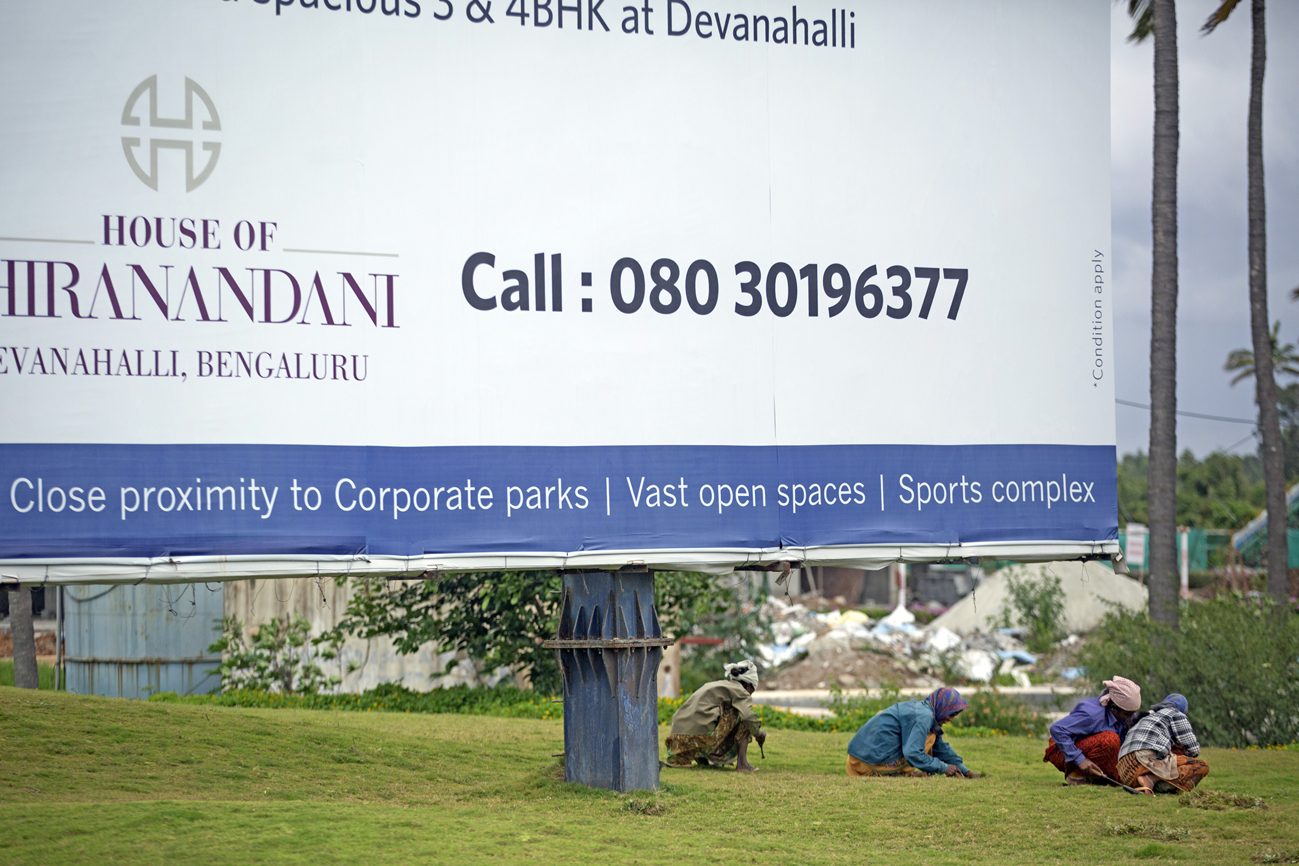Cycle - Villes et régions dans la mondialisation [2014-2018] |
With the Declining Significance of Labor, Who Is Producing our Global Cities?
MICHAEL GOLDMAN
Salle 662 - 190 avenue de France 75013 Paris
Conférence donnée dans le cadre des ateliers thématiques du CEIAS « Mobilités », « Villes et Régions dans la mondialisation » et de l'axe "Ville" du CESSMA
This article engages the question of what happens to labor as Indian cities become transformed into “global cities.”It does so by focusing on the convergence of three interrelated trends over the past few decades: the informalization of labor, the making of global cities, and the financialization of the economy. The article explains the effect on labor, capital, and urban space of this concatenation of trends. It challenges the conclusion of urbanization scholars who emphasize how labor has been largely excluded and bypassed by the growing urban economy. Instead, the article demonstrates, by using nationwide data as well as examples from Bangalore, that as labor is being displaced from formal employment and as wages become compressed, the urban commons is becoming a more valued terrain. On the one hand, displaced urban and rural workers must increasingly rely on subsistence practices and depend more upon the city’s public spaces and goods to survive. On the other hand, these spaces, vital to city life, are becoming attractive to indebted municipal governments and aggressive financial investors for their speculative land values, and hence have led to greater insecurity and dispossession. The global city, therefore, is being built in large part with workers’wageless labor. Consequently, the struggle between capital and labor has reached far “beyond the factory”and farm, to the urban commons, sites simultaneously key to the majority’s survival and integral to the urban speculative project of financialization.
Contacts :
Aurélie Varrel (aurelie.varrel@ifpindia.org) ; Véronique Dupont (veronique.dupont@ird.fr)
Les sites du CEIAS
- SAMAJ | The South Asia Multidisciplinary Academic Journal
- CEIAS - Facebook
- CEIAS - Twitter
- CEIAS - Newsletter
- Le Bulletin de la Bibliothèque
- Régionalisme & cosmopolitisme
- DELI | Dictionnaire Encyclopédique des Littératures de l’Inde
- DHARMA | The Domestication of “Hindu” Asceticism and the Religious Making of South and Southeast Asia
- TST | Texts Surrounding Texts
- STARS | Studies in Tamil Studio Archives and Society 1880-1980
- I-SHARE | The Indian Subcontinent’s Shared Sacred Sites
- Sri Lanka et diasporas
- Sindhi Studies Group
- Carnet du Master Études asiatiques
- Master “Asian Studies”
- Social Sciences Winter School in Pondicherry
- Caste, Land and Custom
- Musiques indiennes en terres créoles
 Actualités
Actualités
Devenir juifs : conversions et assertions identitaires en Inde et au Pakistan
 Débat - Mardi 9 mai 2023 - 14:00Présentation« L’an prochain à Jérusalem ! », scande un homme portant une kippa dans une synagogue de Karachi au Pakistan. Ses paroles sont répétées en chœur par les membres de sa communauté, un groupe comptant près de trois cents personnes qui s’autodésignent par (...)(...)
Débat - Mardi 9 mai 2023 - 14:00Présentation« L’an prochain à Jérusalem ! », scande un homme portant une kippa dans une synagogue de Karachi au Pakistan. Ses paroles sont répétées en chœur par les membres de sa communauté, un groupe comptant près de trois cents personnes qui s’autodésignent par (...)(...)
Le Centre d'études sud-asiatiques et himalayennes (Cesah), nouveau laboratoire de recherche (EHESS/CNRS) sur le Campus Condorcet
Échos de la recherche -Depuis le 1er janvier 2023, l'EHESS, en tant que co-tutelle, compte un nouveau centre de recherche né de la fusion du Centre d'études de l'Inde et de l'Asie du Sud (CEIAS - EHESS/CNRS) et du Centre d’études himalayennes (CEH - CNRS) : le Centre d'études sud-asiatiques et h (...)(...)
Centre d'Études de l'Inde et de l'Asie du Sud
UMR8564 - CNRS / EHESS
54 boulevard Raspail
75006 Paris, France
Tél. : +33 (0)1 49 54 83 94
Communication :
nadia.guerguadj[at]ehess.fr
Direction :
dir.ceias[at]ehess.fr
La bibliothèque du CEIAS
Maison de l'Asie
22 avenue du Président Wilson 75016 Paris
54 boulevard Raspail
purushartha[at]ehess.fr



